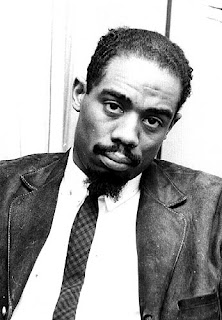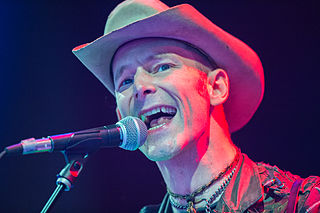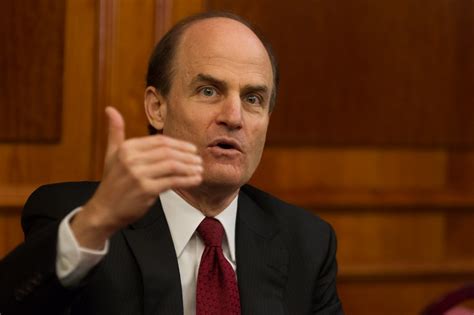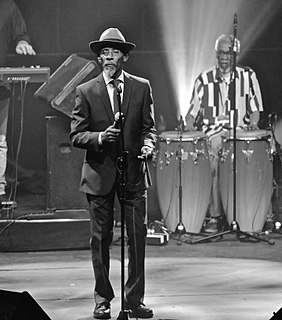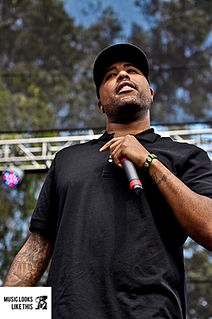A Quote by David Byrne
Music was an experience, intimately married to your life. You could pay to hear music, but after you did, it was over, gone - a memory.
Related Quotes
It's funny, now that we have Twitter and Facebook and stuff, you can really see how you affect fans. Before all that, fans couldn't tell you exactly how they feel, unless they came up after a show, and even then you can't stand there and talk to everybody in the audience. So it's nice to see people tweet me and say, "Your music has changed my life," or "I had my baby to your music," or "I got married to your music." I've heard so many things, and it's amazing to hear people's stories and how you affect their life.
Music and time have such an interesting relationship. Music makes time fall away like almost nothing else. You hear a song from another moment of your life and it really is like you're still there. That's why the music of our youth ends up being particularly powerful. The coming of age music that you grab a hold of as the symbol or the expression of your independence and hopes for the future and anger and rebellion or whatever it is you're feeling is so powerful for the rest of your life when you hear it.
The best pay off in the world is when someone comes up to you and says, 'your music has helped me with some pretty rough times through life. I don't know if I would still be here if it was for your music whether it be country music or heavy metal has done for me.' That's ultimately the biggest payoff for me. I hear it from young kids to military guys and military women to older folks.
A song playing comprises a very specific and vivid set of memory cues. Because the multiple-trace memory models assume that context is encoded along with memory traces, the music that you have listened to at various times of your life is cross-coded with the events of those times. That is, the music is linked to events of the time, and those events are linked to the music.
Technology has altered the way music sounds, how it’s composed and how we experience it. It has also flooded the world with music. The world is awash with (mostly) recorded sounds. We used to have to pay for music or make it ourselves; playing, hearing and experiencing it was exceptional, a rare and special experience. Now hearing it is ubiquitous, and silence is the rarity that we pay for and savor.
If all music did was bring the past alive, that would be fine. You can hide away in music and let it recapture memories of things that used to be.
But music is greedy and it wants more of your heart than that. It demands the future, your future. Music wants the rest of your life. So you can't rest easy.
At any moment, a song can come out of nowhere to shake you up, jump-start your emotions, ruin your life.
....the popular music of Jamaica, the music of the people, is an essentially experiential music, not merely in the sense that the people experience the music, but also in the sense that the music is true to the historical experience, that the music reflects the historical experience. It is the spiritual expression of the historical experience of the Afro-Jamaican.
I'm not playing up to pretend, I don't live above my means. In my song "96 Cris" I say, "...My bills too low for me to fall off." Honestly, if I never did anything again with music, because I put out my own music, I could pay my bills, forever. I can pay my mortgage off my old music. Of course, you probably wouldn't see me in my Lamborghini but, do you really need a Lambo? That's really what you have to ask yourself.



